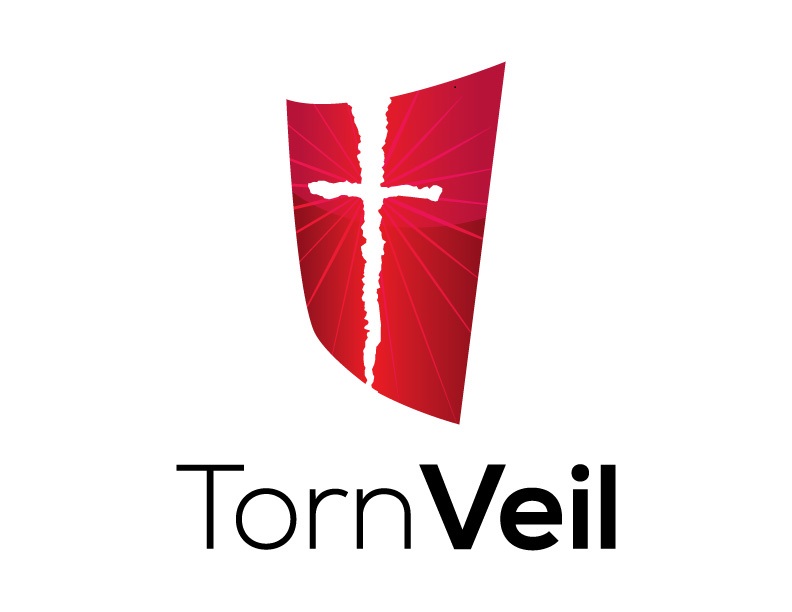Writing a novel can be a daunting task. I know because it’s taken me 7 years to complete my first one. However, writing is easier for me now, than when I started. I realize that there are many of you who want to write that first novel, so let me lend my acquired experience to make your journey easier.
I have 10 steps that I realized I have used to complete my book. During the next 10 weeks I’m going to provide you with the actual and specific tools that have used. I am going to put them up on this blog for you to see, and I am going to give them away to you for free! Yes, free because I want you to be successful! I know that they will work for you some of you are more computer literate than others, so my tools are going to help you no matter what level of proficiency you have in software or hardware. All you need is a desire to learn, and a willingness to implement the steps.
Ok here is step eight: Revise.
Revision
When do you start revision? Some have a tendency to revise as they write. I do this a bit, but the reality is if you do; it slows down your writing and you are leaving the ‘flow’ of your streaming consciousness that is giving you scenes to write. Therefore, revision should be its own step. Do it after you get the thoughts out on paper.
How to revise you ask? Well I’m glad you asked that question!
There are several steps that have helped me. Essentially, I go from a larger view of the novel until I zero in to the smaller aspects of it. When I hit the center of the bull’s eye, I start over until I feel there is no more revision left to do.
So using the image of a bull’s-eye (concentric circles) I do mine like so.
Revise the plot: are there plot holes or anything that is not tied together in the novel? Unanswered questions. Frayed edges?
Revise the scenes. Do you need to rearrange them? Does some need to be deleted? Added?
Revise Characters: Are there too many? Can some be combined? Are the descriptions there?
Revise Dialogue: Does the dialogue of the characters sound unique to that character? Does it need to be shortened, lengthened?
Revise for grammar and spelling. Some word processors will do this as you type the manuscript out. This is last step for me.
I don’t profess that these are all the steps. What I do profess is that the method will work if you work it. If in using this method, you need to add another ring in your concentric circle. Do so. However, always move from larger issues with the novel to smaller issues.
Lastly, when should you revise? Well I would say wait at least 4 weeks after you have done your first draft. Then start revising.
4 weeks! Yep, I know you’re excited but let me tell you after you start revising after a while you will get tired of reading what you wrote over and over. Revising is taxing work. I emphasize the work piece. It is not fun. Think of it like this. You are essentially going to be cutting things like a movie editor. Remember in the DVD all those deleted scenes? Well that’s how your novel is going to be. Slimmer than the original in all probability. You are cutting the dross away. In addition you need to give yourself space from the work to get perspective. It will help to read it with fresh eyes.
Remember those attachments you have to scenes, and characters, and all that while you wrote. Well in this stage you have to let that go, and ask yourself the crucial question, does it move the story forward?
A film editor for example is a mechanic who removes the unneeded and fits pieces of film together to make a finished movie. He is a collaborator who works with cinematographers and sound editors to bring sight and sound together. And he is an artist who captures a director’s vision and tells a compelling story.
You are the film editor for your story. You have to ask yourself is this needed? Why.
Once you can do that and follow the steps involved, you will be well on your way to revising.
Have fun!
D



Interesting article and I completely agree with all the above.
For me, editing is the most painstaking part of the writing process, especially when it comes to the one story I’d been trying to publish for a number of years. Obviously, there is no easy way to do it and there are infinite ways to do it. You just need the dedication and the ability to kill/let go “of your darlings,” whether it’s one scene or a character.
Best advice, though, what you said about waiting 4 weeks after finishing the draft to start the editing process. It’s hard to do, but getting some distance away really is the best thing.
Hey Jackie! Thanks for commenting. Yeah I was so much on pins and needles when I was done with my my rough draft. But it did help to get distance. I think having good things to distract oneself with is great. Weather it’s family, or simply some other hobby can help a lot to take your mind off that rough draft. Appreciate you commenting!